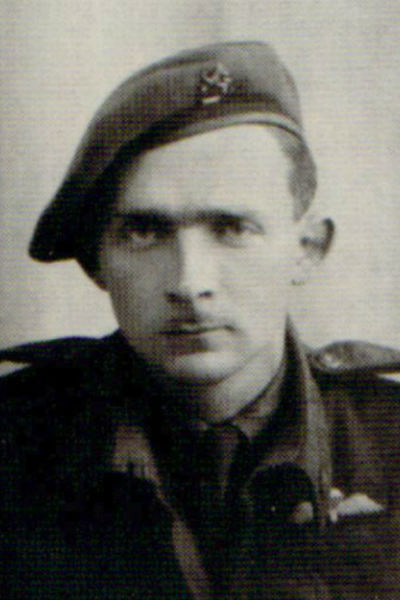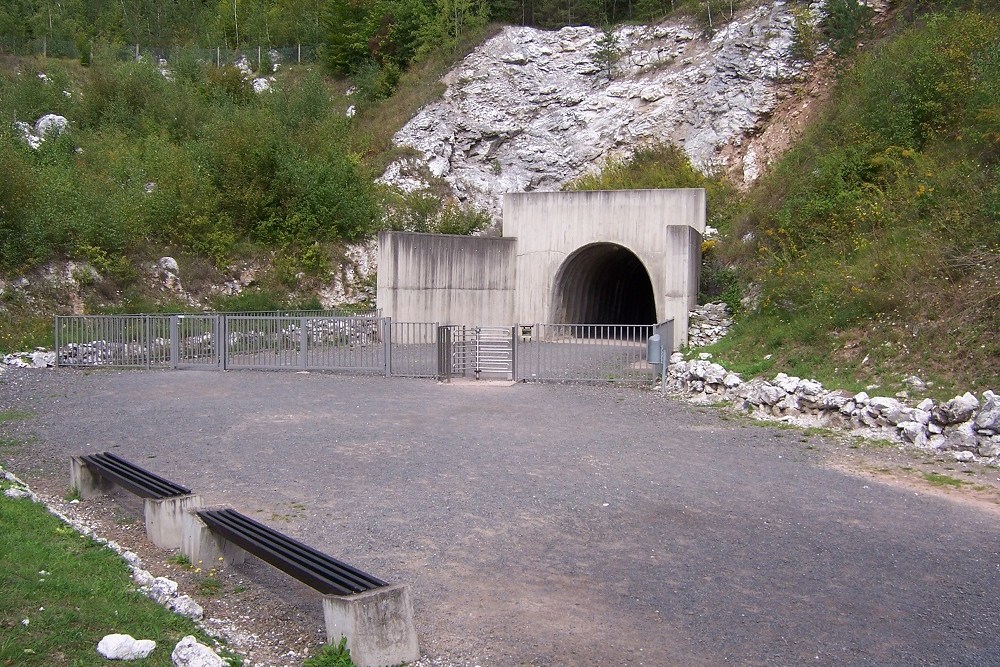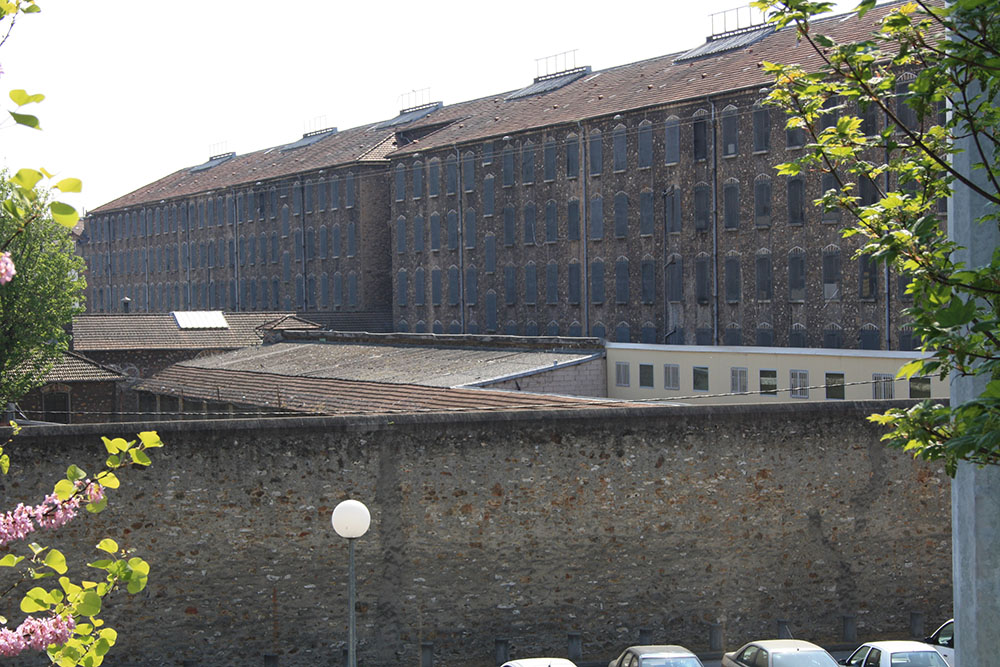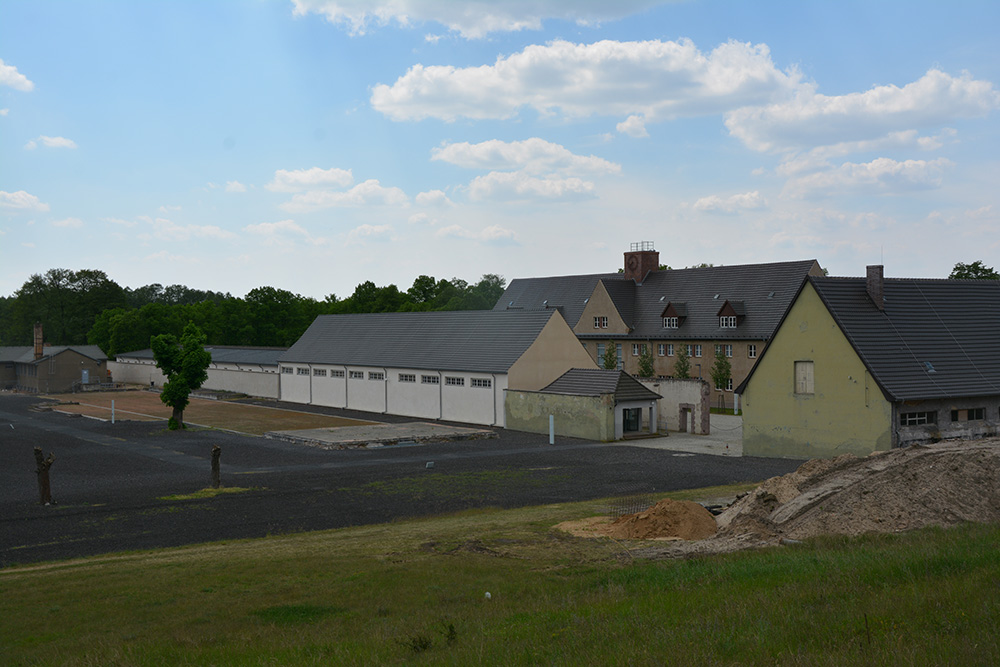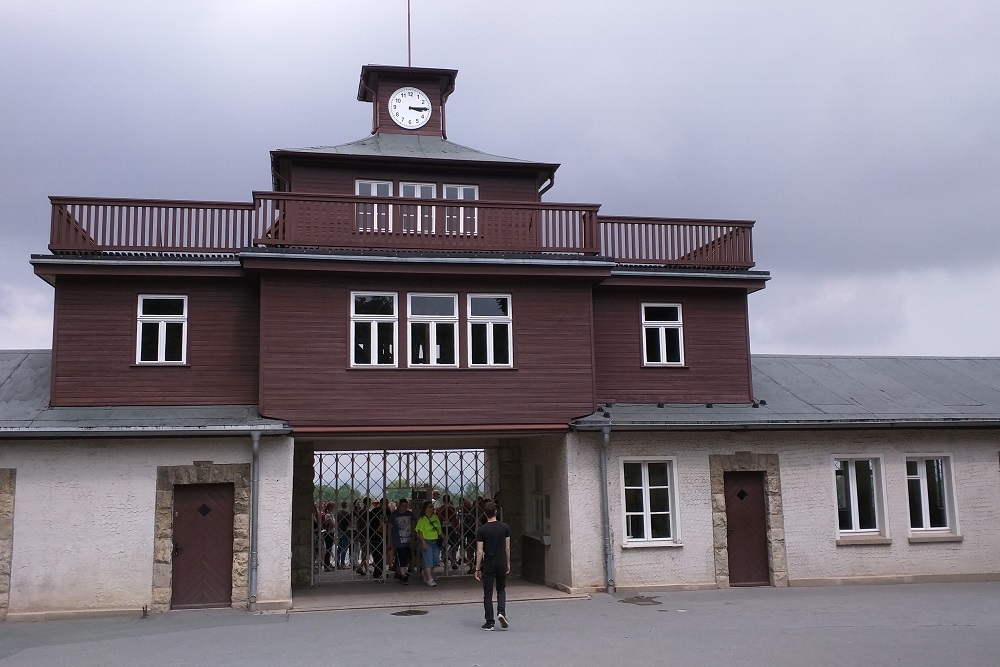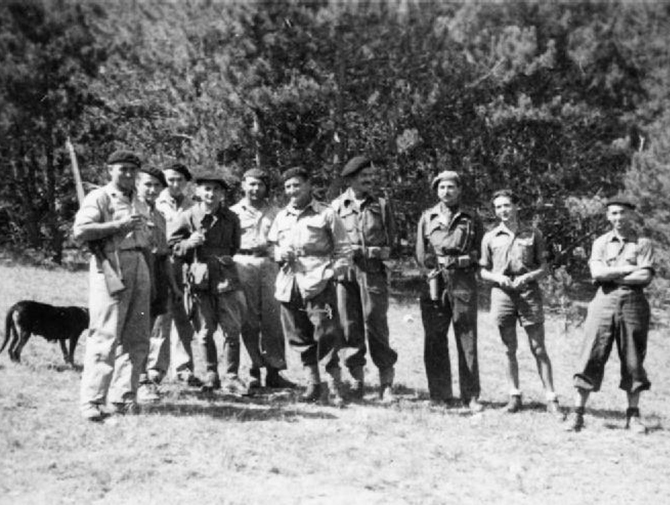Zembsch-Schreve, Guido "Pierre Lalande"
- Date of birth:
- May 17th, 1916 (Berne, Switzerland)
- Date of death:
- February 1st, 2003 (Erasmus Hospital/Anderlecht, Belgium)
- Nationality:
- Dutch
Biography
Guido Zembsch-Schreve was a special agent in the SOE active in France and was tasked with setting up an escape and infiltration line running from the Northern Netherlands (Delfzijl, in the province of Groningen) to Spain, and setting up a transport line for equipment running from Yverdon, Switzerland (the headquarters of the Paillard company), to Barcelona. Zembsch-Schreve was arrested in Paris on March 20, 1944. He survived several concentration camps and the death march of 1945.
Zembsch-Schrevis is the author of two books:
- Operation Pierre-Jacques. Secret agent, commando and prisoner of the Gestapo, 1940-1945 (1990)
-Pierre Lalande: Special Agent (1996).
Do you have more information about this person? Inform us!
- Period:
- Second World War (1939-1945)
- Rank:
- Tijd. res. 2e luitenant (Temporary Second Lieutenant of Reserves)
- Unit:
- F Section, Special Operations Executive (SOE), British Government
- Awarded on:
- November 20th, 1945
K.B. no 20
- Period:
- Second World War (1939-1945)
- Rank:
- Kapitein (Captain)
- Unit:
- F Section, Special Operations Executive (SOE), British Government
- Awarded on:
- September 5th, 1946
"Lieut. ZEMBSCH-SCHREVE, an officer of Dutch nationality was seconded to the British Services for a special mission in July, 1943. In that month, he was parachuted into occupied FRANCE to take over an existing network of agents and expand it into an escape organisation for the passing of bodies and special materials.
Lieut. ZEMBSCH-SCHREVE fulfilled his mission with energy and soon had extended the network to cover the whole of FRANCE from the Belgian to the Spanish frontier. Up to the time of his arrest in March, 1944, Lieut. ZEMBSCH-SCHREVE was using his circuit most successfully for the exfiltration of quantities of special precision instruments urgently needed in this country. In addition his organisation was also entrusted with the distribution of wireless and other equipment to agents of other sections at various addresses. It is thought that a betrayal by one of these outside contacts was responsible for the arrest of Lieut. ZEMBSCH-SCHREVE in March, 1944, at the time when his efforts had reached a culminating point bringing his circuit into full operation.
Lieut. ZEMBSCH-SCHREVE's coolness and quick thinking enabled him to deceive the Gestapo as to the existence of his real activities and he succeeded in concealing his identity under a pseudonym which he had previously used. He was thus able to cover his connections with his own circuit, which suffered no repercussion from his arrest. He did this in knowledge that any efforts to trace him by his organisation would be rendered useless by his change of identity.
Lieut. ZEMSCH-SCHREVE, after considerable ill-treatment as a result of an attempt to smuggle a message out of prison, was deported to GERMANY from FRESNE on the 10th of August. In GERMANY he suffered the usual privations and ill-treatment in the camps of BUCHENWALD and DORA NORDHAUSEN before finally escaping during the evacuation of his camp to the east. After being over-run by the Russians, Lieut. ZEMBSCH-SCHREVE led a party of eleven men, including two American airmen through the Russian lines, and successfully crossed over into the American zone whence he made his way to Holland.
Both before and after his arrest Lieut. ZEMBSCH-SCHREVE showed great resource and courage. His conduct following his arrest was responsible for saving all those with whom he was in contact, and his escape from East Prussia to HOLLAND through both German and Russian lines indicates his determination and resourcefulness."
Lieut. ZEMBSCH-SCHREVE fulfilled his mission with energy and soon had extended the network to cover the whole of FRANCE from the Belgian to the Spanish frontier. Up to the time of his arrest in March, 1944, Lieut. ZEMBSCH-SCHREVE was using his circuit most successfully for the exfiltration of quantities of special precision instruments urgently needed in this country. In addition his organisation was also entrusted with the distribution of wireless and other equipment to agents of other sections at various addresses. It is thought that a betrayal by one of these outside contacts was responsible for the arrest of Lieut. ZEMBSCH-SCHREVE in March, 1944, at the time when his efforts had reached a culminating point bringing his circuit into full operation.
Lieut. ZEMBSCH-SCHREVE's coolness and quick thinking enabled him to deceive the Gestapo as to the existence of his real activities and he succeeded in concealing his identity under a pseudonym which he had previously used. He was thus able to cover his connections with his own circuit, which suffered no repercussion from his arrest. He did this in knowledge that any efforts to trace him by his organisation would be rendered useless by his change of identity.
Lieut. ZEMSCH-SCHREVE, after considerable ill-treatment as a result of an attempt to smuggle a message out of prison, was deported to GERMANY from FRESNE on the 10th of August. In GERMANY he suffered the usual privations and ill-treatment in the camps of BUCHENWALD and DORA NORDHAUSEN before finally escaping during the evacuation of his camp to the east. After being over-run by the Russians, Lieut. ZEMBSCH-SCHREVE led a party of eleven men, including two American airmen through the Russian lines, and successfully crossed over into the American zone whence he made his way to Holland.
Both before and after his arrest Lieut. ZEMBSCH-SCHREVE showed great resource and courage. His conduct following his arrest was responsible for saving all those with whom he was in contact, and his escape from East Prussia to HOLLAND through both German and Russian lines indicates his determination and resourcefulness."
- Period:
- Second World War (1939-1945)
- Awarded on:
- December 6th, 2000
- Period:
- Second World War (1939-1945)
Sources
- Photo 1: Pauline L van Till
- - Legion de Honneur.
- MBE.
- SOE Zembsch-Schreve, Guido
- Dapperheidsonderscheidingen aan Nederlanders voor de Tweede Wereldoorlog
- Christian Zembsch-Schreve




